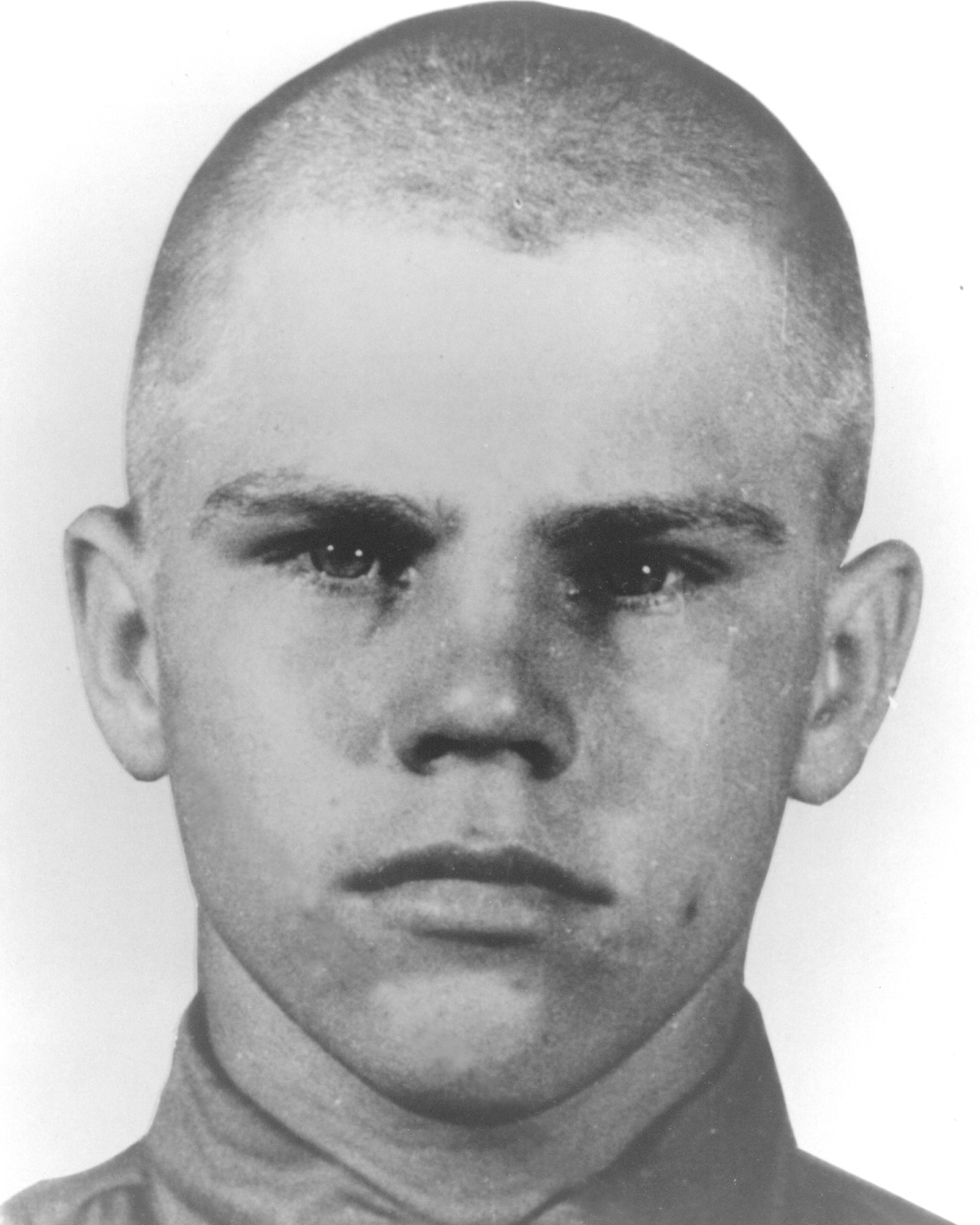|
Emory L. Bennett
Emory Lawrence Bennett (December 20, 1929 – June 24, 1951) was a United States Army soldier in the Korean War who posthumously received the U.S. military's highest decoration, the Medal of Honor. Biography Bennett was born in New Smyrna Beach, Florida on December 20, 1929. His family moved to Indianola, Florida, Indianola on Merritt Island, Florida, Merritt Island when he was six and to Cocoa, Florida, Cocoa in 1937. His parents ran "Bennett Fish Market", and he helped catch fish in the nearby Indian River (Florida), Indian River to sell. The family supplemented their diet by duck hunting, and Emory proved a crack shot. He had three older brothers: Gary, Marvin and John. Bennett graduated from Cocoa High School in 1948 and enlisted in the Army on July 25, 1950. Bennett served in Korea as a private first class with Company B of the 1st Battalion, 15th Infantry Regiment (United States), 15th Infantry Regiment, 3rd Infantry Division (United States), 3rd Infantry Division. In the ea ... [...More Info...] [...Related Items...] OR: [Wikipedia] [Google] [Baidu] |
New Smyrna Beach, Florida
New Smyrna Beach is a city in Volusia County, Florida, United States, located on the central east coast of the state, with the Atlantic Ocean to the east. Its population is 30,142 in 2020 by the United States Census Bureau. The downtown section of the city is located on the west side of the Indian River and the Indian River Lagoon system. The Coronado Beach Bridge crosses the Intracoastal Waterway just south of Ponce de Leon Inlet, connecting the mainland with the beach on the coastal barrier island. The surrounding area offers many opportunities for outdoor recreation; these include fishing, sailing, motorboating, golfing, and hiking. Visitors participate in water sports of all kinds, including swimming, scuba diving, kitesurfing, and surfing. In July 2009, New Smyrna Beach was ranked number nine on the list of "best surf towns" in '' Surfer.'' It was recognized as "one of the world's top 20 surf towns" by ''National Geographic'' in 2012. It has also been dubbed "The Shark Bite ... [...More Info...] [...Related Items...] OR: [Wikipedia] [Google] [Baidu] |
Battalion
A battalion is a military unit, typically consisting of 300 to 1,200 soldiers commanded by a lieutenant colonel, and subdivided into a number of companies (usually each commanded by a major or a captain). In some countries, battalions are exclusively infantry, while in others battalions are unit-level organizations. The word battalion came into the English language in the 16th century from the French language ( French: ''bataillon'' meaning "battle squadron"; Italian: ''battaglione'' meaning the same thing; derived from the Vulgar Latin word ''battalia'' meaning "battle" and from the Latin word ''bauttere'' meaning "to beat" or "to strike"). The first use of the word in English was in the 1580s. Description A battalion comprises two or more primary mission companies which are often of a common type (e.g., infantry, tank, or maintenance), although there are exceptions such as combined arms battalions in the U.S. Army. In addition to the primary mission companies, a battal ... [...More Info...] [...Related Items...] OR: [Wikipedia] [Google] [Baidu] |
List Of Korean War Medal Of Honor Recipients
This list represents all of the 146 United States military personnel who received the Medal of Honor for valor in combat during the Korean War. 103 Medals of Honor were awarded Posthumously awarded, posthumously. The Korean War was an escalation of border clashes between two rival Korean regimes (each of which was supported by external powers) with the North Korean regime trying to topple the South Korean regime through political and guerrilla tactics. In a very narrow sense, some may refer to it as a civil war, though many other factors were at play. After failing to strengthen their cause in the free elections held in South Korea during May 1950 and the refusal of South Korea to hold new elections per North Korean demands, the communist North Korean Army moved south on June 25, 1950 to attempt to reunite the Korean peninsula, which had been formally divided since 1948. The conflict was then expanded by the Chinese and the Soviet Union's involvement as part of the larger Cold War. ... [...More Info...] [...Related Items...] OR: [Wikipedia] [Google] [Baidu] |

